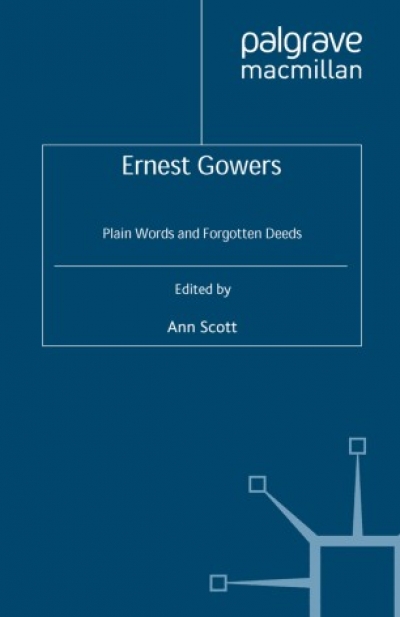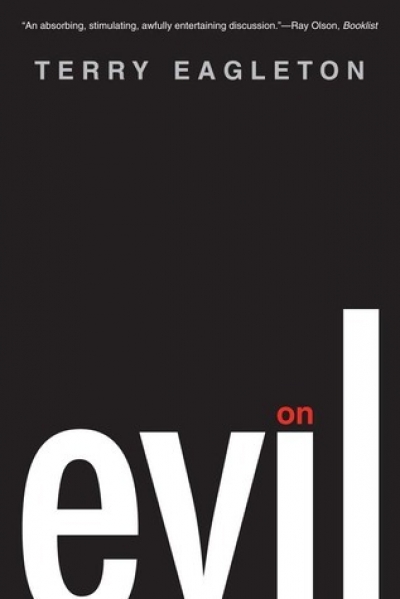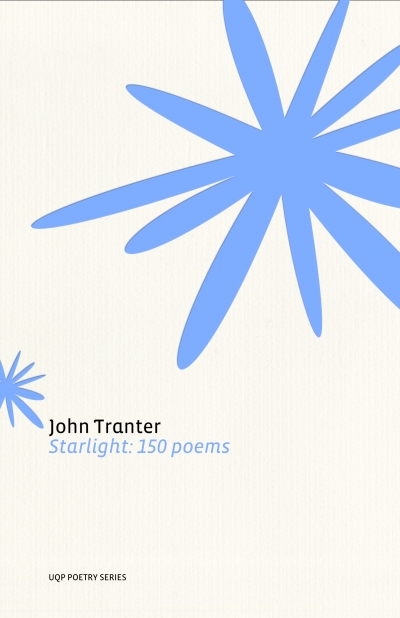Archive
Film | Theatre | Art | Opera | Music | Television | Festivals
Welcome to ABR Arts, home to some of Australia's best arts journalism. We review film, theatre, opera, music, television, art exhibitions – and more. To read ABR Arts articles in full, subscribe to ABR or take out an ABR Arts subscription. Both packages give full access to our arts reviews the moment they are published online and to our extensive arts archive.
Meanwhile, the ABR Arts e-newsletter, published every second Tuesday, will keep you up-to-date as to our recent arts reviews.
Recent reviews
Cruiser: The life and loss of HMAS Perth and her crew by Mike Carlton
Inside Story: From ABC correspondent to Singapore prisoner #12988 by Peter Lloyd
Ernest Gowers: Plain words and forgotten deeds edited by Ann Scott
Grimsdon by Deborah Abela & Quillblade: Voyages of the Flying Dragon, Book One by Ben Chandler
Palestine Betrayed by Efraim Karsh & Gaza edited by Raimond Gaita
Starlight: 150 Poems by John Tranter & The Salt Companion to John Tranter edited by edited by Rod Mengham
As when the governess
Clutched to her bosom the damp head of Miles,
Who squirmed, unseeing, frantic for a hint,
Not able yet to guess
What she appeared to see in the haunted pane
Besides the backlit sky: the shape of Quint
Trying to find his way past her denial’s
Hard stare, not quite in vain.










